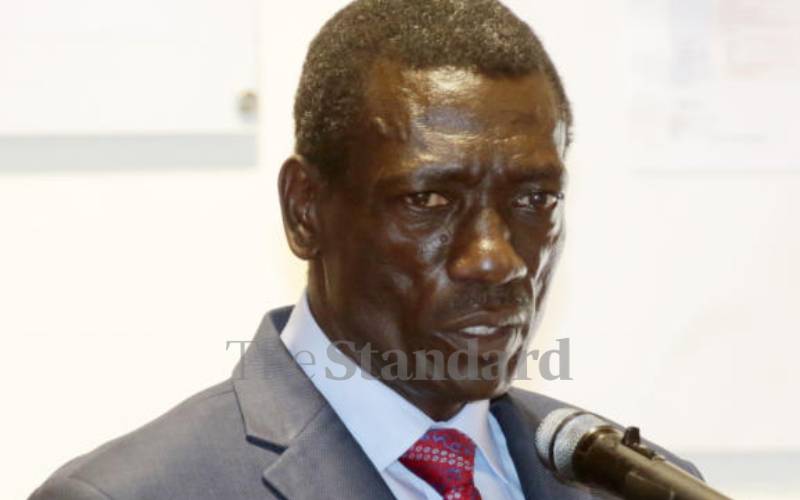×
The Standard e-Paper
Home To Bold Columnists

The Kenya National Union of Teachers (Knut) wants to amend its constitution to check the powers of the secretary-general and review the retirement age for elected officials.
The union constitution presently sets the retirement age at 60 years.








